1. Pine-Sol Scented Multi-Surface Cleaner
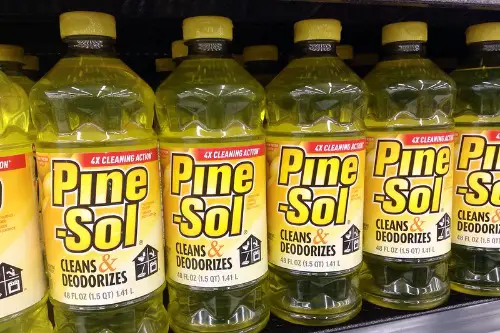
Clorox recalled 37 million bottles of Pine-Sol Scented Multi-Surface Cleaners because of bacterial contamination concerns. Only certain scents were affected, including Lavender Clean, Sparkling Wave, and Lemon Fresh. The recall didn’t include the classic Pine scent. The bacteria could cause infections if ingested or if it got into cuts.
Shoppers were instructed to stop using the affected products immediately and discard them safely. Interestingly, the recall highlighted that the cleaner was so effective it masked early signs of spoilage. People loved its strong scent and quick cleaning power, which ironically contributed to the problem. Clorox offered refunds and emphasized safety first over strong performance.
2. Fabuloso Multi-Purpose Cleaner
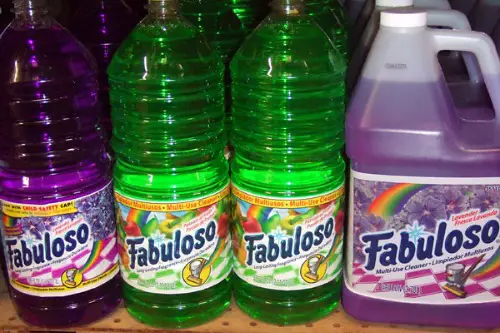
In 2023, Colgate-Palmolive pulled certain batches of Fabuloso Multi-Purpose Cleaner because the preservative system failed. This allowed bacteria like Pseudomonas to grow in the bottles, which could pose infection risks. Consumers were told to stop using the product immediately and return it if possible. The recall included popular scents like Lavender, Lemon, and Passion of Fruits.
The company emphasized that no illnesses had been reported, but the “too effective” angle came from its preservative reacting unexpectedly with the cleaning agents. People loved how strong and fast it cleaned surfaces, which made the contamination harder to notice. The recall affected millions of units sold in major retailers. It was a reminder that even powerful cleaners can have hidden dangers.
3. Lysol Wipes (Certain Batches 2021)
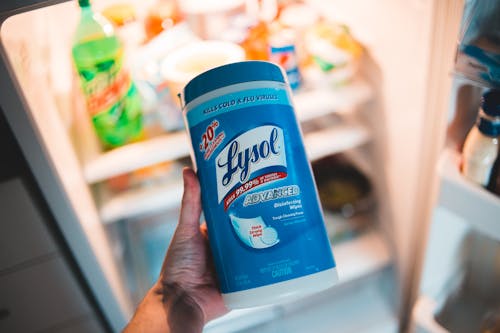
Some batches of Lysol Disinfecting Wipes were recalled because they contained higher-than-intended chemical concentrations. The stronger formula made the wipes extremely effective but also irritating to skin and respiratory systems. Consumers reported mild burns and eye irritation in some cases. The recall affected a limited set of lots, but it was significant enough to issue warnings.
Lysol stressed that the wipes’ disinfecting ability was incredible, killing germs faster than usual. However, the “too effective” factor meant normal use could be harmful. Parents especially were concerned because kids sometimes touch surfaces and then their faces. The company promptly offered replacements with the standard, safer formula.
4. Scrubbing Bubbles Bathroom Cleaner
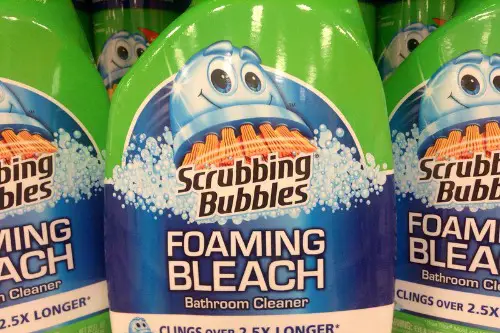
Scrubbing Bubbles pulled a batch of its bathroom cleaner due to accidental over-concentration of active ingredients. The formula was so potent it caused skin irritation and could damage certain surfaces. The recall affected select spray bottles sold at large retail chains. Consumers were warned to handle the product with gloves or avoid using it entirely.
Users loved how quickly it removed soap scum and grime, but that same power posed safety risks. The manufacturer emphasized that the cleaning performance was impressive but not worth the potential harm. Only specific production dates were involved, so most products were safe. The incident reminded everyone that strong cleaning power isn’t always a benefit.
5. Soft Scrub Liquid Gel with Bleach
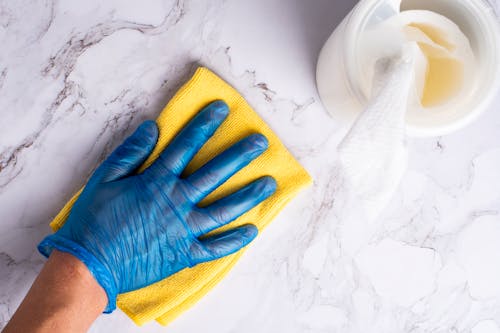
Soft Scrub recalled certain bottles of its liquid gel with bleach after customers reported excessive fumes and surface damage. The stronger-than-intended formula caused some tiles and countertops to discolor. Consumers also experienced respiratory irritation when using the product in poorly ventilated areas. The recall included a wide range of batch numbers sold nationwide.
While the product’s cleaning performance was praised for killing mold and mildew instantly, it was deemed “too effective” in a hazardous way. The company advised users to return the product or contact customer service for a replacement. Most users were happy with the refund process. The recall highlighted the fine line between strong cleaning action and unsafe chemical strength.
6. Comet Disinfecting Powder
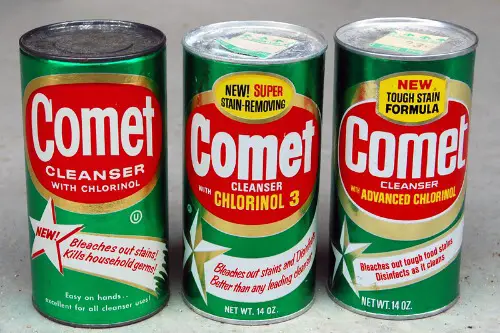
Reckitt Benckiser recalled select Comet Disinfecting Powder batches because the formula was accidentally made overly potent. The powder could corrode metal sinks and appliances if left on surfaces too long. Some users reported mild burns after handling without gloves. The recall affected several regional retail outlets.
Customers loved how little powder was needed to tackle tough stains, but that efficiency became a safety issue. The overpowered formula increased the risk of accidental injuries. The company offered exchanges for standard-strength products. It was a clear case of cleaning excellence turning into a hazard.
7. Clorox Toilet Bowl Cleaner
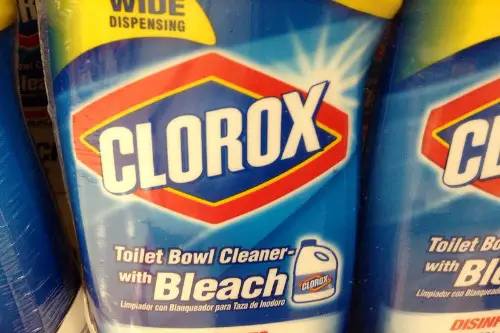
Certain Clorox Toilet Bowl Cleaners were recalled because the chemical concentration was higher than labeled. The strong formula led to splashes causing skin irritation and eye burns. Retailers quickly pulled affected bottles from shelves. Only specific lot numbers were involved, but the reach was national.
Consumers had praised the product’s immediate stain removal and germ-killing abilities. Ironically, the very strength that made it effective made it unsafe for regular household use. Clorox provided clear instructions for returning or safely disposing of the product. The situation reinforced that “powerful cleaning” has limits in domestic settings.
8. OxiClean Versatile Stain Remover Powder
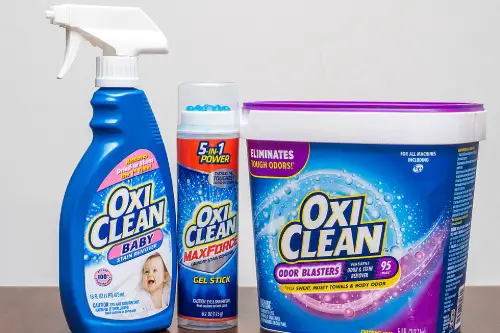
Some OxiClean powders were recalled due to unexpected high concentrations of sodium percarbonate. The powder became so effective that it bleached fabrics more than intended. Users reported ruined clothing and irritation during handling. The recall involved a few production dates distributed across multiple states.
While OxiClean’s stain-fighting reputation was celebrated, this batch went a little too far. People loved seeing stains vanish instantly, but the side effects outweighed the benefits. The company offered refunds and replacements. It was a lesson that even household cleaners can be “too powerful” for everyday use.
9. Mr. Clean Magic Eraser
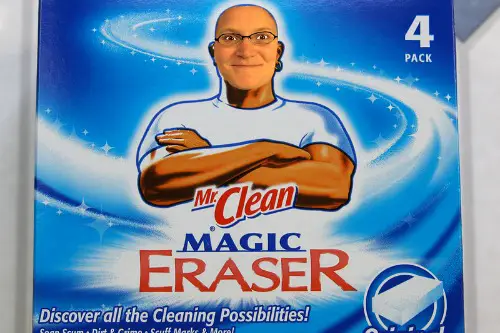
Some batches of Magic Erasers were recalled after reports that the material disintegrated unusually fast. This caused surfaces to scratch and leave residue. Users also noted that the erasers broke apart during normal use, which was unexpected. The recall affected select batches sold in major stores.
Consumers praised the sponge’s ability to remove tough stains with minimal effort. However, the “too effective” quality became counterproductive when it destroyed delicate surfaces. Mr. Clean offered exchanges for unaffected products. The incident reminded users that even miracle sponges have limits.
10. Kaboom Foam-Tastic Cleaner
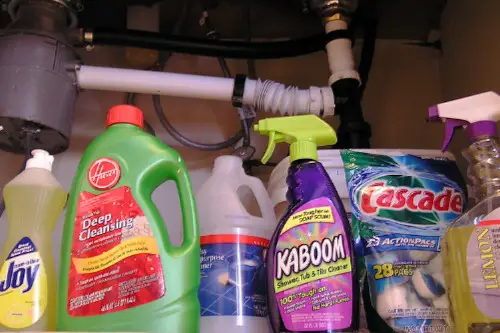
Certain Kaboom Foam-Tastic products were recalled because the chemical mix was stronger than intended. Users reported burns and damage to grout and tiles. Only specific production codes were affected, but they were widely distributed. The company issued immediate warnings for all purchasers.
The foam’s ability to dissolve soap scum instantly was impressive, but too effective for safe household use. Consumers were advised to wear gloves and avoid contact with eyes and skin. Kaboom replaced affected units with safer batches. It became a classic example of “too much cleaning power” being dangerous.
11. Bon Ami Powder Cleanser
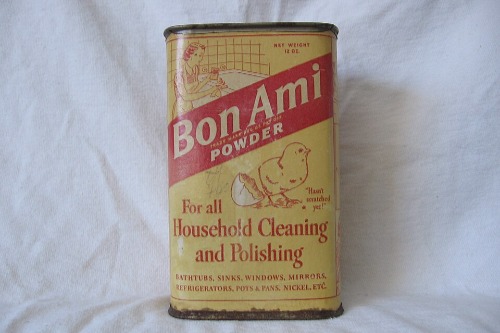
Bon Ami recalled a batch of powder cleanser because it contained larger-than-intended abrasive particles. These particles scratched delicate surfaces like stainless steel and ceramic. Customers reported damage to cookware and sinks. The recall applied to a limited number of units sold online and in stores.
The brand had always been praised for tough cleaning without harsh chemicals, but this batch went overboard. The “too effective” cleaning led to unintended property damage. Refunds and replacements were offered. It highlighted that even natural cleaners could become unsafe when formula precision fails.
12. Clorox Disinfecting Wipes
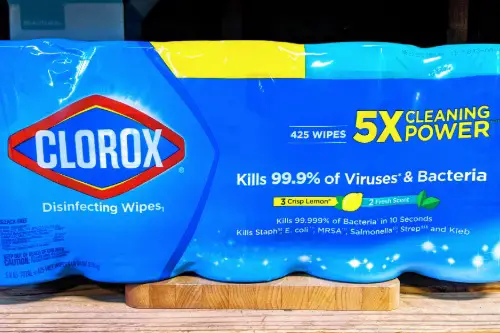
Clorox recalled specific Disinfecting Wipes batches because the chemical concentration was unusually high. This made the wipes extremely effective at killing germs but also irritating to skin and respiratory systems. The recall affected stores nationwide. Customers were advised to return or discard the wipes.
People praised the wipes for their germ-killing efficiency, but the strength posed a health risk. Parents and caregivers were particularly concerned. The company quickly replaced the batches with standard-strength wipes. It became an example of cleaning power exceeding safe household use.
13. Lysol Mold & Mildew Remover with Bleach
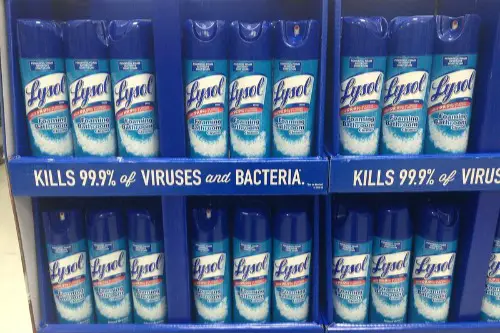
Lysol pulled some of its stronger bleach-based mold removers in 2020 after reports of skin and eye irritation. The product was so effective at killing mold and mildew that improper use could cause burns or discolor surfaces. Consumers were advised to return or discard affected bottles. Only certain production lots were impacted, but the company issued a nationwide notice.
Despite the recall, Lysol’s formula remained popular because it worked quickly and efficiently on tough bathroom stains. Users loved how little effort was needed to remove stubborn mold. The “too effective” aspect meant safety precautions were essential. Lysol offered replacement products with corrected concentrations to ensure household safety.
This post 13 Cleaning Products That Were Pulled for Being “Too Effective” was first published on American Charm.


